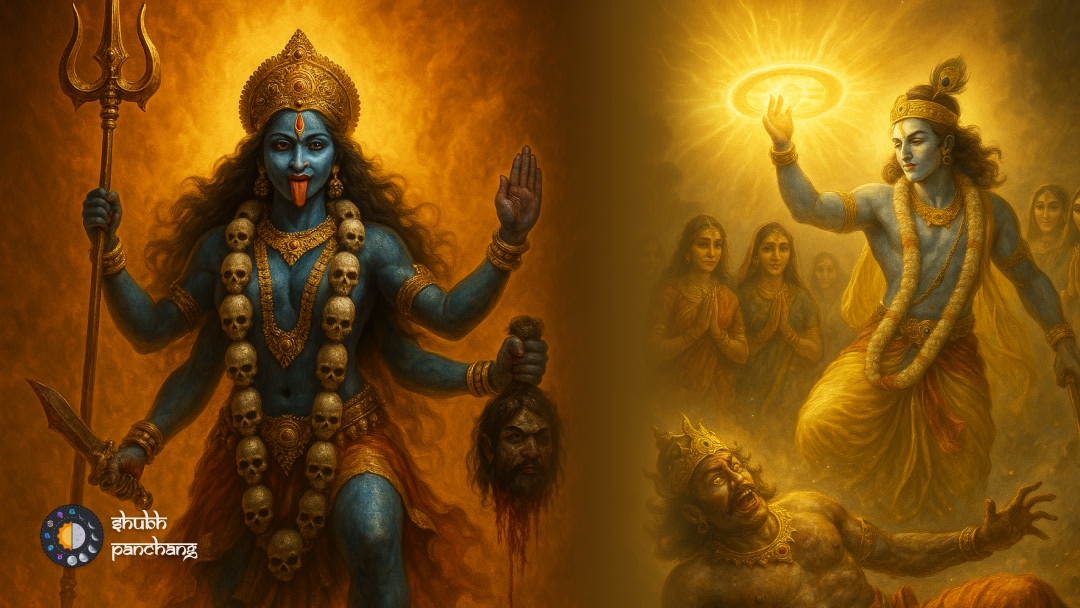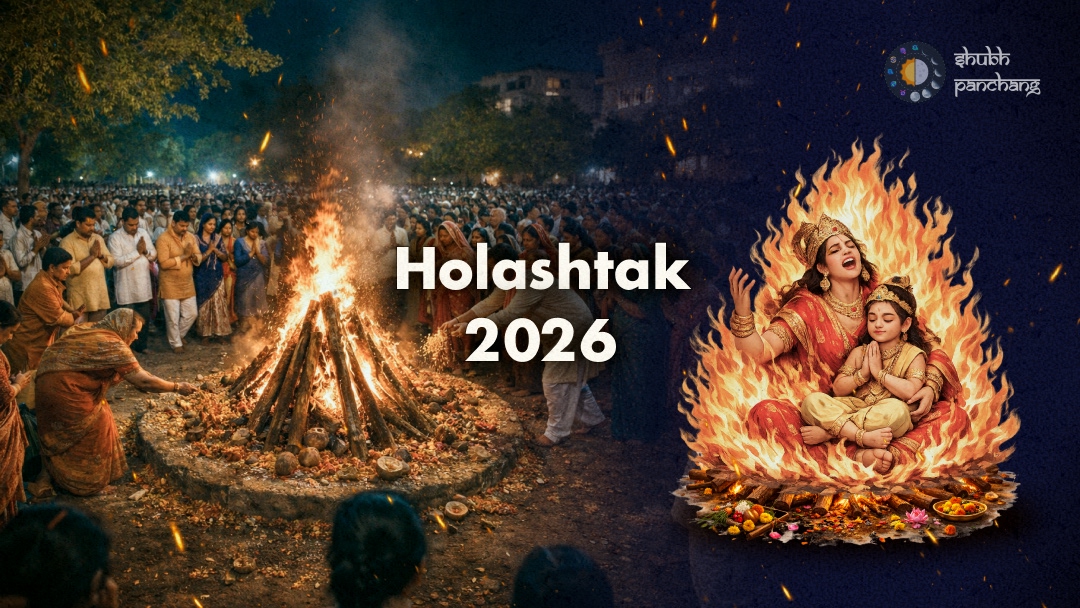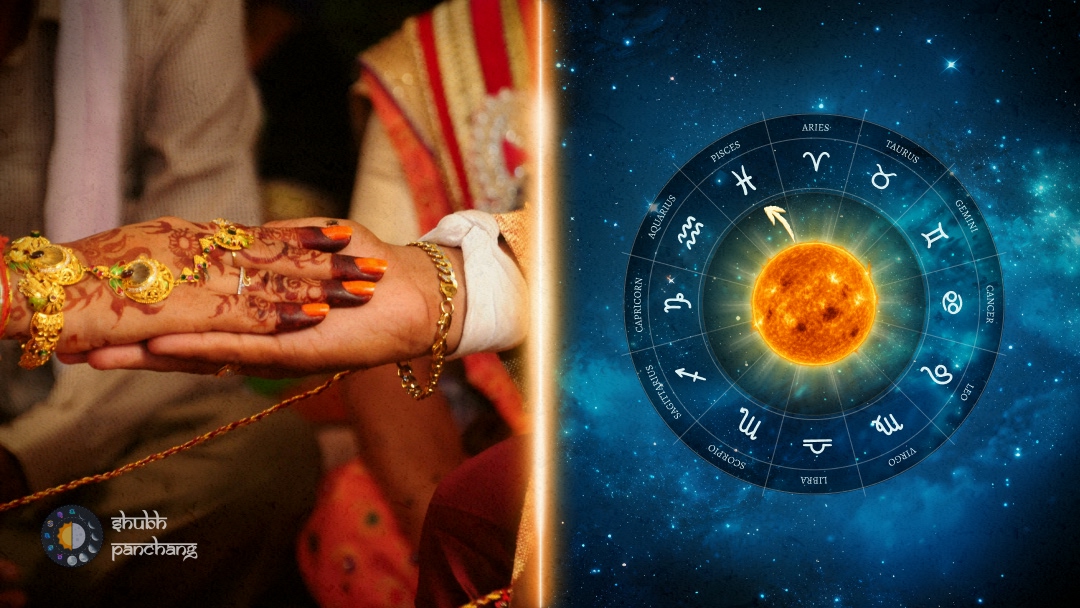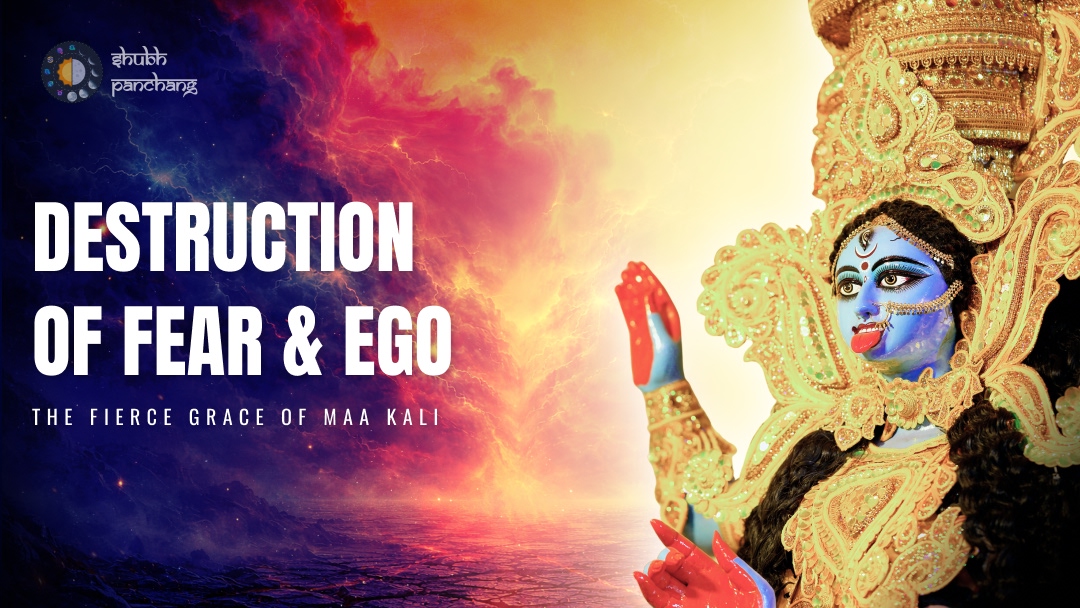
The Night Before Diwali: A Cosmic Cleansing
Have you ever felt that palpable shift in the air right before Diwali? That's Kali Chaudash at work. Also known as Naraka Chaturdashi or Roop Chaudas, it falls on the fourteenth day of the dark fortnight of Kartik, just a day before the festival of lights. And it’s *not* just a prelude; it's a pivotal purification ritual. After years of practice, I've come to see it as the necessary weeding of the garden before planting new seeds. It’s about clearing out the old, the negative, the stagnant, to make way for the fresh, the positive, and the vibrant energies of Diwali. Think of it as your cosmic spring cleaning!
Victory Over Narakasura: A Timeless Tale of Triumph
At its heart, Kali Chaudash celebrates the victory of good over evil. The story goes that Lord Krishna, with the help of his wife Satyabhama, vanquished the demon Narakasura, who had terrorized the world and imprisoned thousands. This triumph isn’t just a mythological event; it's a powerful metaphor. Narakasura represents our inner demons: our fears, our ignorance, our negativity. And on this day, we celebrate the potential to overcome them. Interestingly, Goddess Kali, the fierce protector, is also venerated on this night, symbolizing her power to destroy evil forces.
Rituals of Protection: Shielding Against Negativity
The rituals performed on Kali Chaudash are designed to cleanse, protect, and empower. One of the most significant is the abhyang snan , an early morning ritual bath with oil and herbal pastes. This isn’t just about physical cleanliness; it's about purifying the aura and inviting positive energy.
Lighting Lamps:
Lamps are lit throughout the night to dispel darkness, both literal and metaphorical. Each flicker is a defiant act against negativity.
Worship of Kali or Hanuman:
Many devotees worship Goddess Kali or Lord Hanuman, seeking their protection against negative influences. It’s a plea for strength and courage in the face of adversity. And let's not forget the practice of cleansing homes and surroundings. Every corner is swept, every cobweb removed, symbolizing the banishment of negativity from our lives. It’s about creating a sacred space ready to receive the blessings of Diwali.
Kajal, Evil Eyes, and Regional Rhythms
But here is where it gets even more personal. After years of observing various traditions, I have noticed how regional customs add unique flavors to the celebrations. In some communities, applying kajal (kohl) to the eyes is a common practice, believed to ward off evil eyes. My grandmother always insisted on it! And in Gujarat and Maharashtra, you'll find special rituals performed to protect against negative energies and attract good fortune. In Gujarat, Kali Chaudash often has associations with Tantric practices and prayers for protection, reflecting a deep reverence for the Goddess's power. While in other parts of India, the focus is on Naraka Chaturdashi, celebrated with lamps, firecrackers, and joyous festivities that commemorate Narakasura's demise.
Inner Cleansing: The Deeper Meaning of Kali Chaudash
The external rituals are powerful, yes, but the true essence of Kali Chaudash lies in inner cleansing. It's a time for introspection, discipline, and the removal of negativity from within. It's about confronting our fears, acknowledging our weaknesses, and consciously choosing to let go of what no longer serves us. Devotees often use this day to seek divine energy for strength, protection, and renewal. It's a time to recharge our spiritual batteries before stepping into the light and prosperity of Diwali. What's fascinating is the intentionality behind every action. It's not just going through the motions; it's a conscious effort to transform ourselves.
Embracing the Light: A Journey of Transformation
Kali Chaudash isn't just a one-day affair; it's a preparation, a journey. It blends devotion, protection, and the promise of renewal. It reminds us that to truly embrace the light and positivity of Diwali, we must first conquer the darkness within ourselves. And that requires courage, discipline, and a willingness to confront our inner demons. So, as you light your lamps and cleanse your surroundings, remember to also look inward. Ask yourself: What negativity am I holding onto? What fears are holding me back? And what steps can I take to liberate myself from these shadows? This Kali Chaudash, let's not just celebrate the triumph of good over evil; let's embody it. Let's transform ourselves, one step at a time. And only then can we truly appreciate the radiant glow of Diwali.







